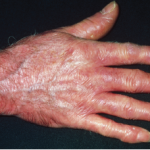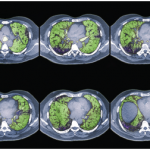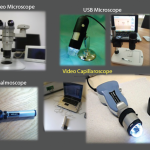In patients with systemic sclerosis (SSc), gastrointestinal disease may be associated with lower quality of life and increased risk of death. Research showed that SSc patients with severe GI disease had markers of muscle inflammation, skin fibrosis and vasculopathy…








